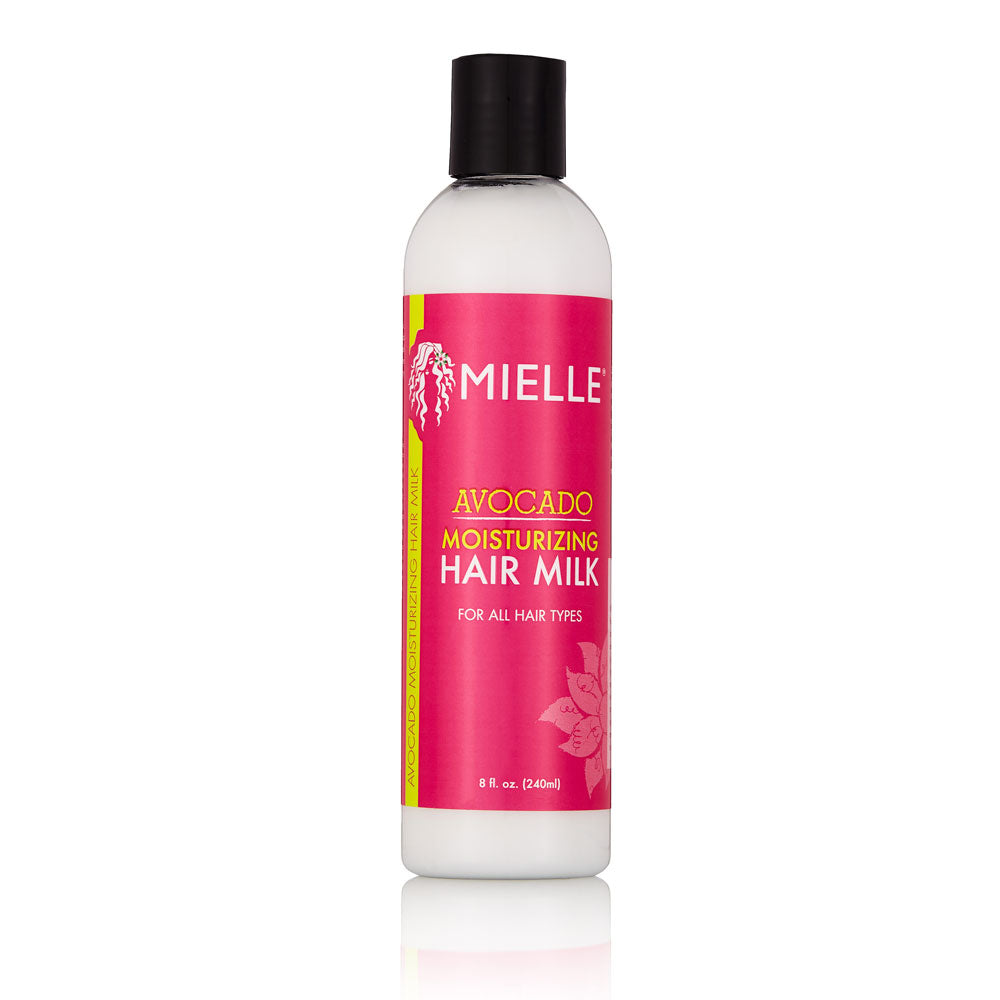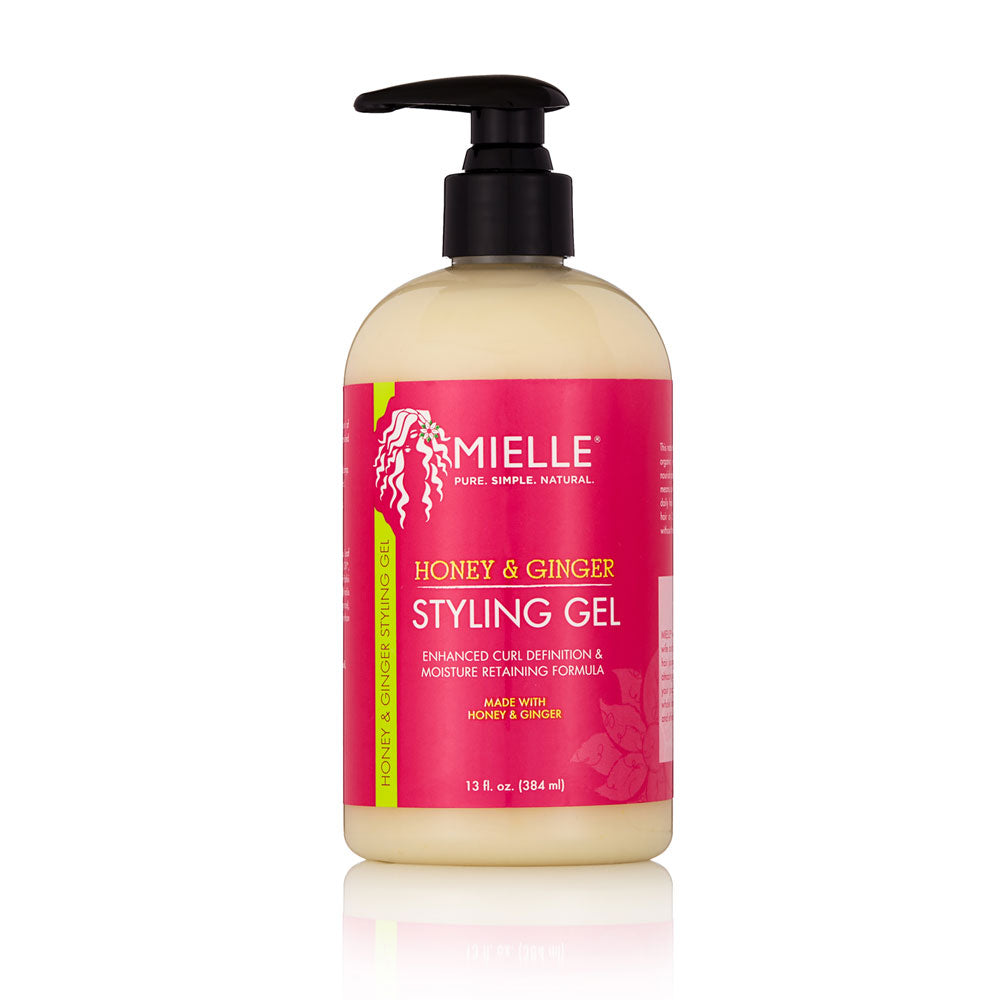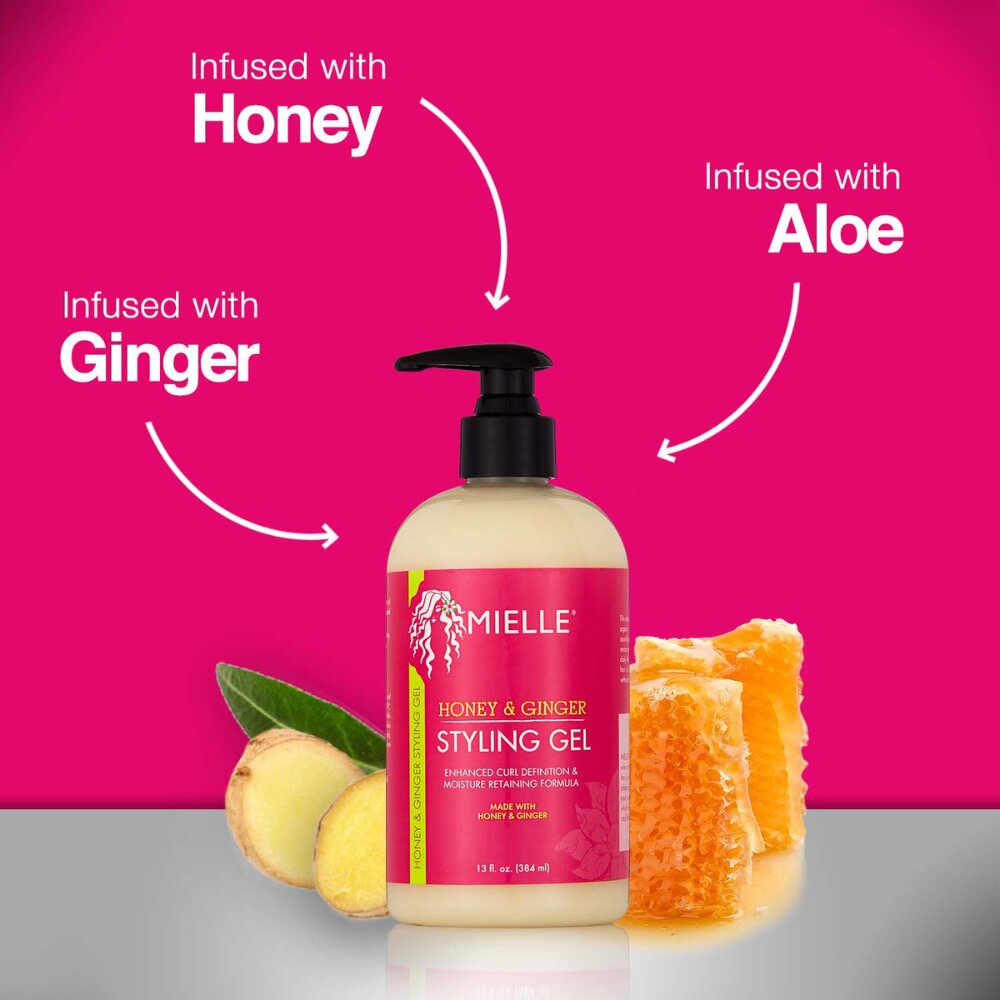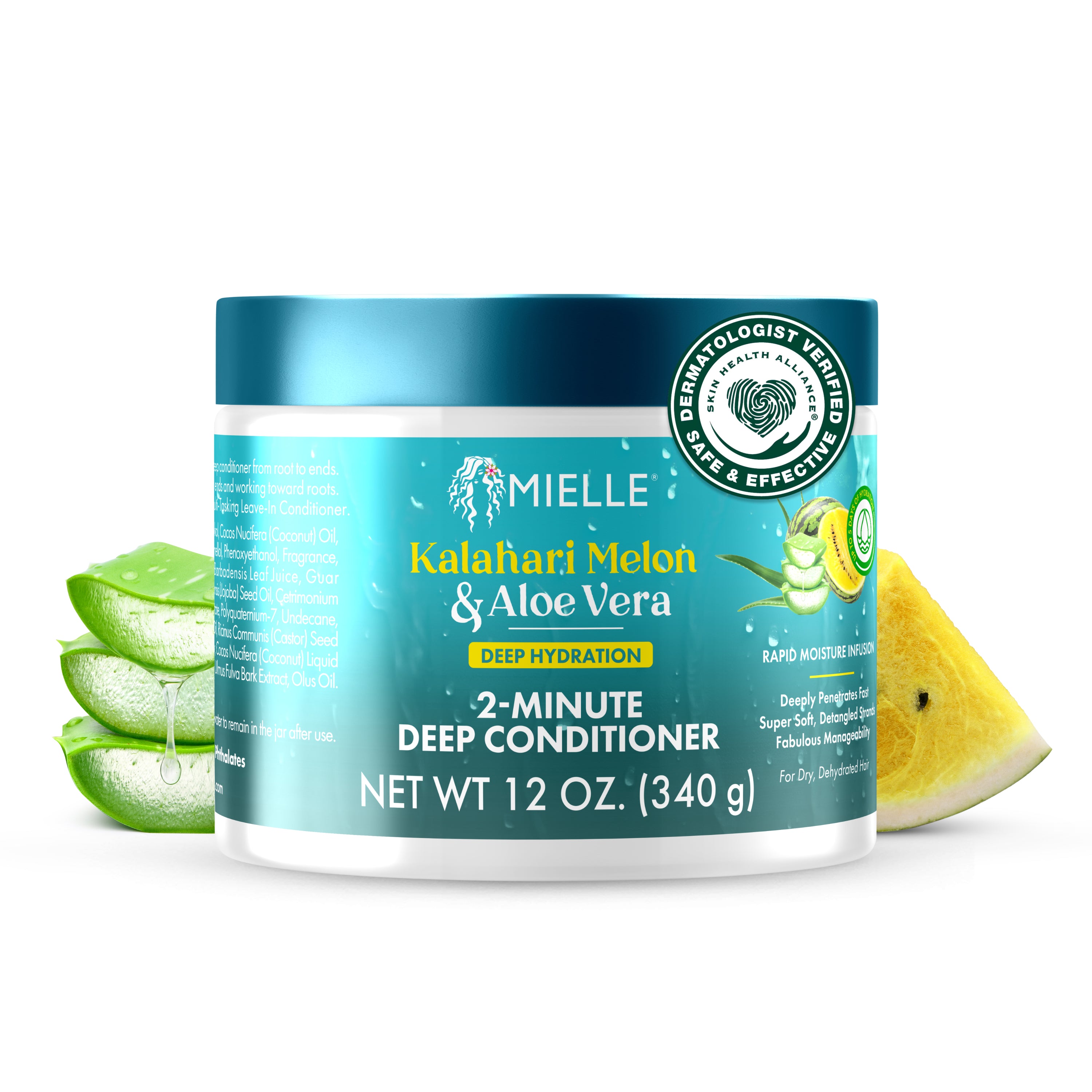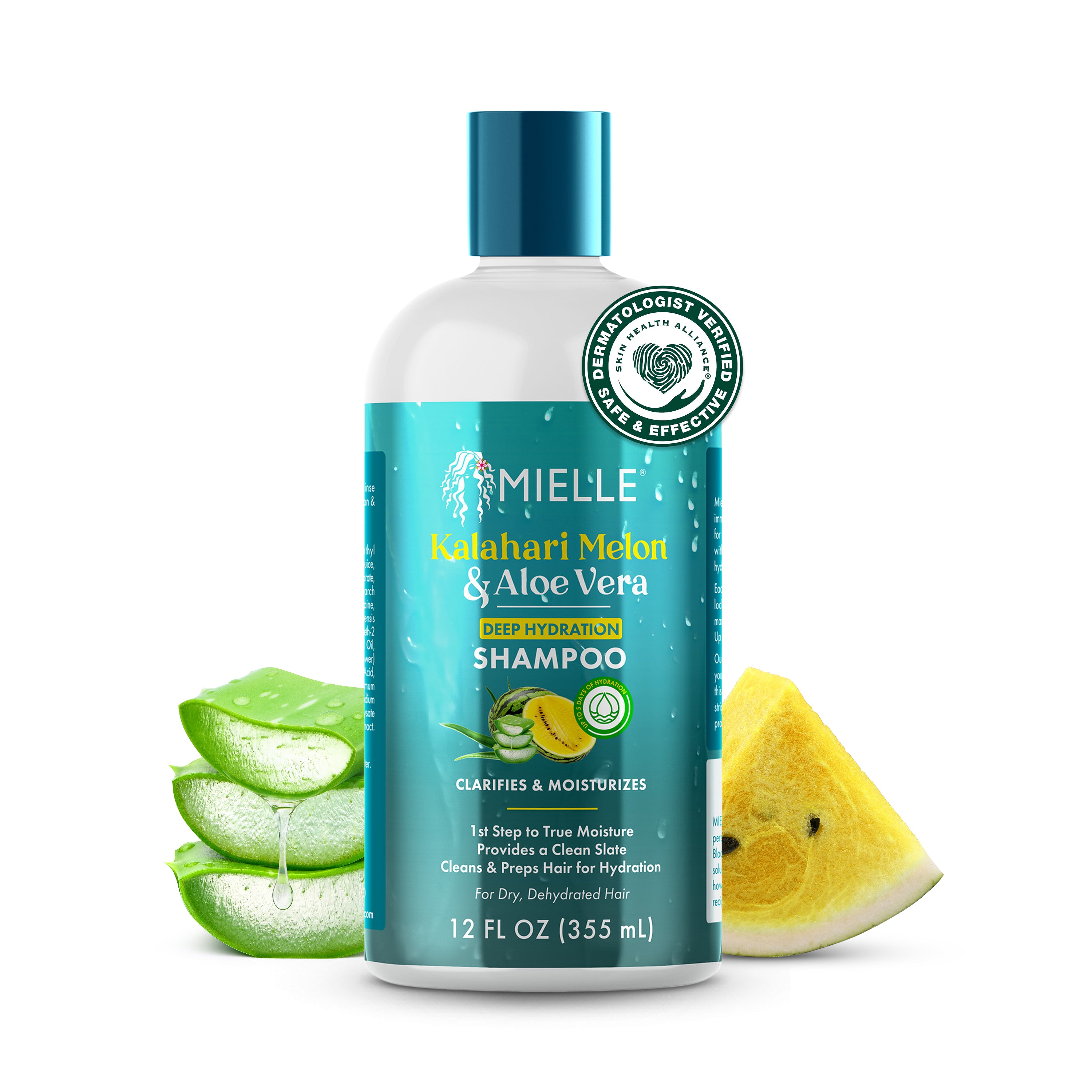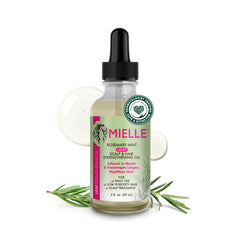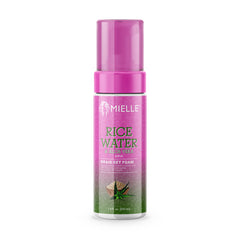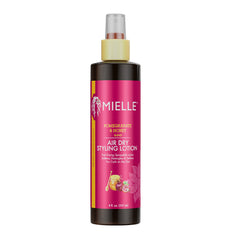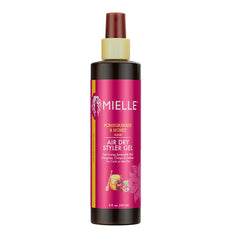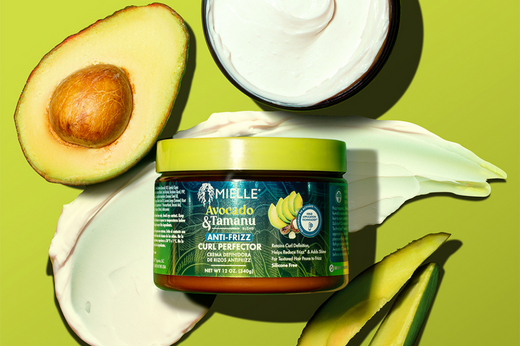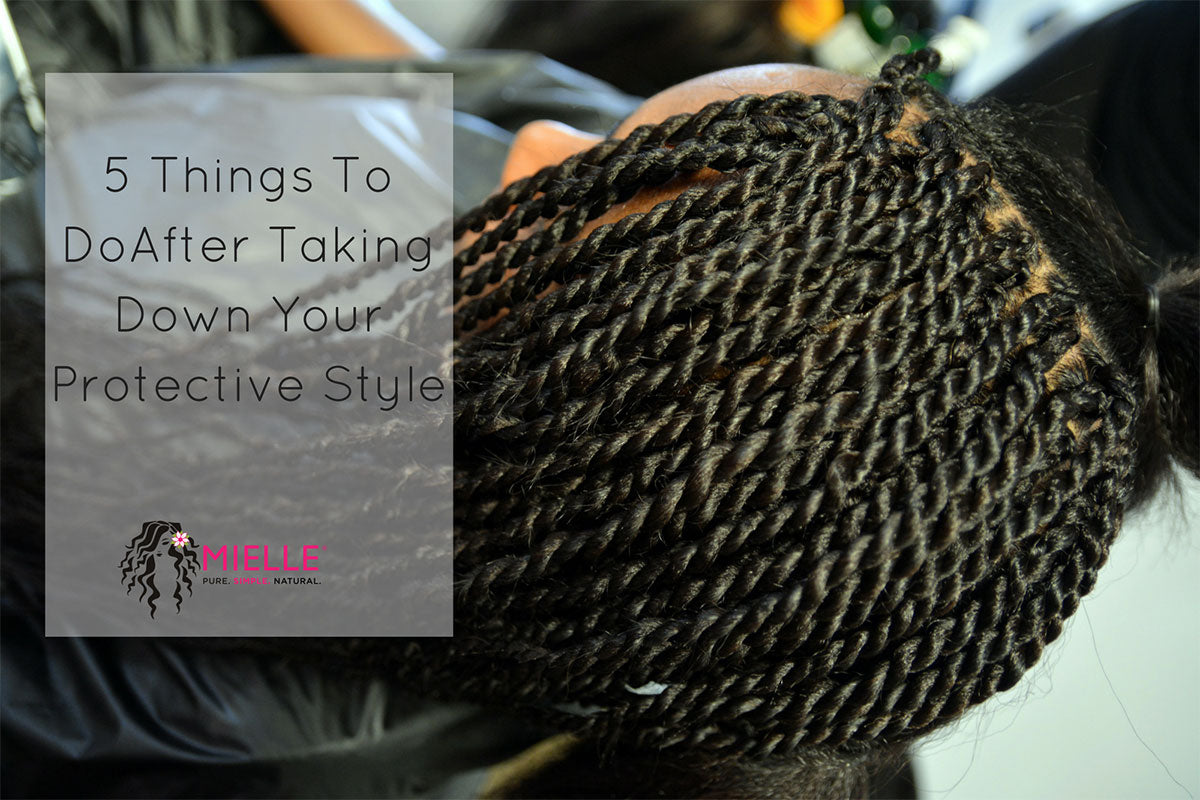Can You Leave the Deep Conditioner in Your Hair Overnight?
Deep conditioning is probably the most important step in the hair care routine! Some curly girls even go as far as deep conditioning overnight, hoping it'll do the job better. But should you be sleeping in your deep conditioner? We break it down in today’s post.
Overnight Conditioning: Helpful or Harmful?
In short, sleeping in a deep conditioner is not recommended or even necessary. The saying “too much of a good thing is bad for you” definitely applies here. To illustrate, you wouldn’t take more than the prescribed dosage of medication to get rid of medical symptoms faster, because you know the results of an overdose could be harmful. In the same way, deep conditioning overnight can hurt your hair.
Hair products come with directions for a reason. Deep conditioners are formulated to penetrate the hair shaft to heal dry, brittle hair. Tests have been done behind the scenes to determine how long it’ll take for that to happen effectively without damaging the hair. For example, according to the directions for using Mielle’s Babassu Oil & Mint Deep Conditioner, you should leave it in the hair for 15 minutes or up to 30 minutes with heat. This means that by that 30-minute mark, your hair should already be sufficiently conditioned or moisturized.

But is there such a thing as too much moisture?
How “Over-Conditioning” Can Be Harmful
Let’s break it down:
As moisture is absorbed into the hair shaft, the inner structure of the hair – its cortex – swells. This causes tension on the hair shaft as it expands. As your hair dries, it contracts back to normal. However, the constant expanding and contracting of the hair cuticle results in what’s called hygral fatigue. Too much water being absorbed into the hair cuticle can cause it to become more fragile and less elastic over time. The continuous stress of wetting and drying can even lead to breakage.
Sleeping with deep conditioner on the hair puts you at risk of damage in the form of hygral fatigue, because there is too much moisture penetrating the hair shaft. It’s like forcing yourself into clothing that’s too small. You may be able to squeeze into it as it stretches to accommodate you. But, over time, that piece of clothing is now permanently stretched more than it should be and may even begin to rip. Since our strands are not meant to expand and contract so quickly, practices like overnight conditioning can have the complete opposite effect we were hoping for.
How to Deal With Hygral Fatigue
You may be experiencing the results of hygral fatigue if you find that your hair feels gummy when it’s wet, or if it doesn’t go back to its normal state after it has been stretched. Breakage and shedding can also be signs of too much moisture and the need for more protein.
In addition to using deep conditioners as directed, adding protein to your hair care regimen can strengthen the hair to balance things out. However, you can find yourself on the other end of the spectrum by overdoing it with protein. Too much protein can cause the hair to become brittle and dry, leading to breakage. Balancing moisture and protein with our Babassu Oil & Mint Deep Conditioner can solve that!
Sure, we naturals love the feeling deep conditioning gives our hair, but there is such a thing as too much. With the right balance, we can have our healthiest hair yet!
